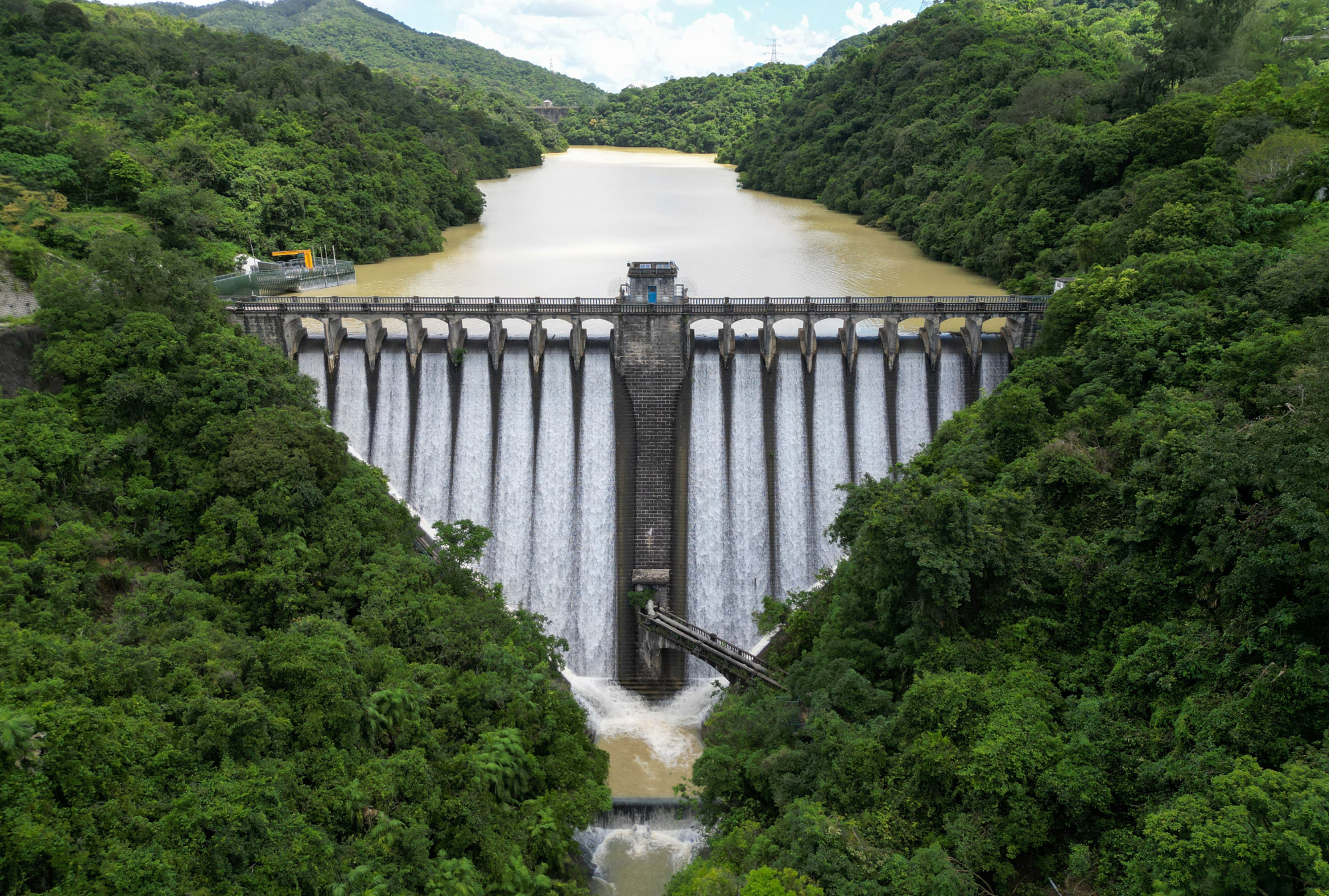
Hong Kong residents facing first rise in water charges in nearly 30 years
- Water Supplies Department says it has not set date for increase and is meeting representatives from various industries
- Priced at up to HK$9.05 per cubic metre, water charges have been frozen since 1995 but costs are rising because of increased demand, department says
Hongkongers are facing an increase in water charges for the first time in three decades with authorities blaming rising deficits while pledging to consider residents’ ability to pay and the economy before prices went up.
But the Water Supplies Department said on Sunday it had not set a date for the increase to take effect, and that since last month it had been meeting representatives from the catering and laundry industries.
It added it would continue to discuss the prospect of a jump in prices with a variety of sectors.
Then director of water supplies Tony Yau Kwok-ting in January signalled that the public might have to pay more and that a review of the charges was under way with results expected in one to two months.
The department said on Sunday the review was a complex matter that required careful consideration.
The government stuck to the “user pays” principle and cost recovery as the basis for its public utility policy when water charges were evaluated, a spokesman said.
He added several factors would be taken into account, including the public’s ability to pay, socioeconomic conditions, the operating account situation and the views of stakeholders.

Water charges – priced at up to HK$9.05 (US$1.16) per cubic metre – have been static since 1995. The government also waived 75 per cent of water and sewage charges for non-domestic households such as care homes over the coronavirus pandemic.
The department the number of users had increased from 2.2 million to 3.2 million over the last 30 years, which meant water supply infrastructure had to be expanded to meet demand, which resulted in rising costs.
It said the cost recovery rate in the latest operating accounts declined to 79 per cent.
“To improve our operational condition, we need to adjust water fees,” the department added.
“However, water fees are a complex issue, especially considering that they have not been adjusted for nearly 30 years. So we should proceed with caution.
“If we decide to adjust the fees, we will recover costs in a gradual and phased manner, minimising impacts on users as much as possible,” it said.
A special team was formed in April to talk to trade groups, including catering and laundry representatives, and canvass their views.
Meetings with the food processing, beauty, hotel, and construction sectors are also under way.
The department added proposed revisions would also need to go through the legislative process, where lawmakers can voice their opinions.

